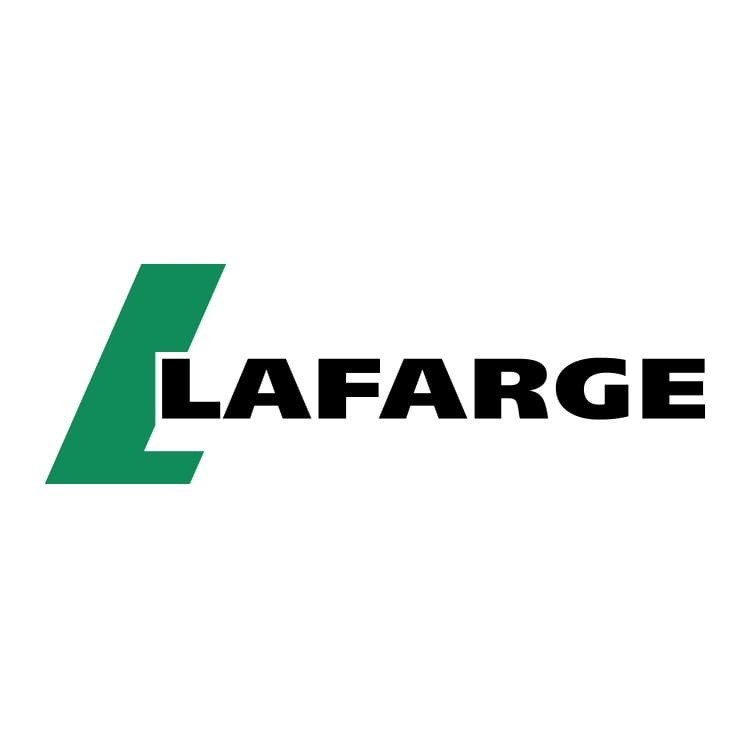PwC: Tax Tribunal Rules Abort Right To Fair Hearing

Financial services giant, PricewaterCoopers (PwC), has expressed unease over a provision in the recently issued Tax Appeal Tribunal (Procedure) Rules, saying it abridges the right of an appellant to a fair hearing. The firm also branded Order 3 Rule 6 of the Tax Appeal Tribunal (Procedure) Rules 2021 as one that conflicts with the provisions of the Federal Inland Revenue Service Act, stating that the provision is susceptible to abuse by tax authorities.
Order 3 Rule 6 of the TAT rules, approved on 10 June by Mrs. Zainab Shamsuna Ahmed, Minister of Finance, Budget and National Planning, requires a taxpayer disputing a tax assessment to make a security deposit of 50 per cent of the tax bill in dispute before filing an appeal at the tribunal. Analysing the provision in Tax Alert published on its website, PwC stated that the 50 per cent requirement to be paid of a yet to be determined tax liability inhibits the right to a fair hearing and justice in addition to conflicting with an enabling law.
“One area of contention is the requirement for the payment of 50% of the disputed tax as a condition precedent to filing an appeal. This provision may be challenged on grounds of inconsistency with the Federal Inland Revenue Service (Establishment) Act 2007 since it is established that rules cannot override the provisions of an Act.
“In addition, the provision may also be challenged on constitutional grounds where a taxpayer does not have the cash to deposit, as this would be a bar on access to justice. There are also concerns that the provision is susceptible to abuse by tax authorities who may raise unreasonable assessments in the expectation that a taxpayer would pay 50% deposit,” wrote PwC.
Also shedding light on Order 3 Rule 6, leading advisory services firm, KPMG, similarly noted that the requirement for 50 per cent deposit is a deviation from what Section 15(7) of the Federal Inland Revenue (Establishment) Act stipulates. It noted that the FIRS Act permits such deposits only in certain circumstances, adding that the new order may infuse litigation into the tax dispute resolution process.
“There is a risk that the blanket requirement may make the TAT more litigious in its outlook and takes it away from the less formal dispute resolution framework it was designed to be.
“It may also increase the risk of tax disputes being resolved based on rules of court or technicality, rather than substantive justice, a weakness of the formal court system which the TAT is set up to provide,” KPMG noted.
The firm added that the changes expected to be wrought by the new tribunal rules may end up inviting legal challenges to the status of the tribunal, which it said appears to be straying into the exclusive jurisdictional space of the Federal High Court on revenue and taxation matters.


















